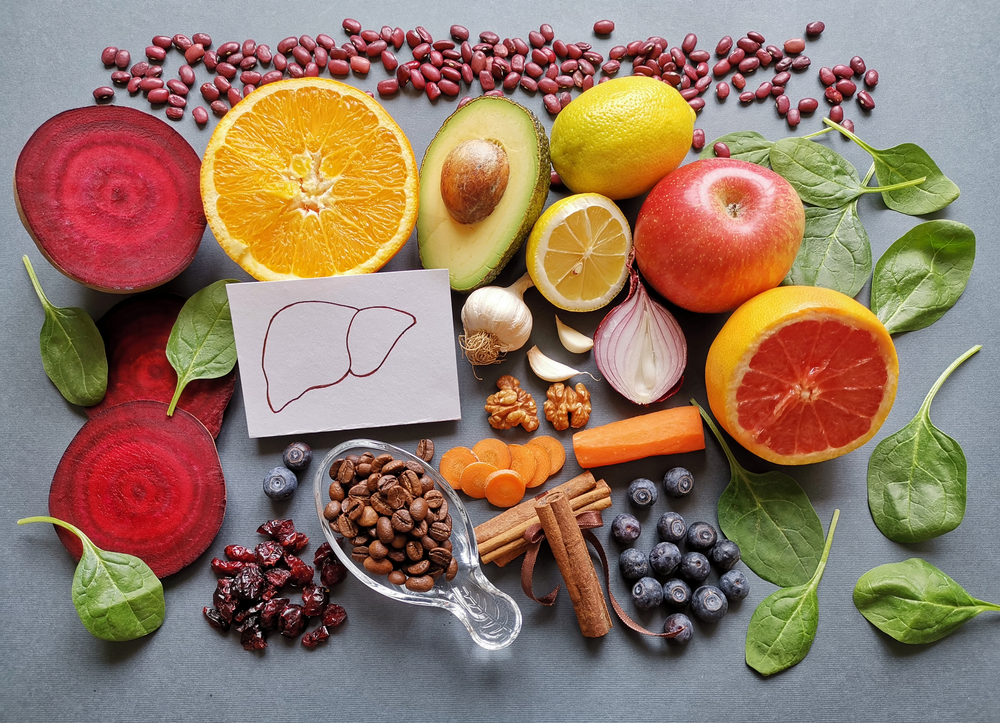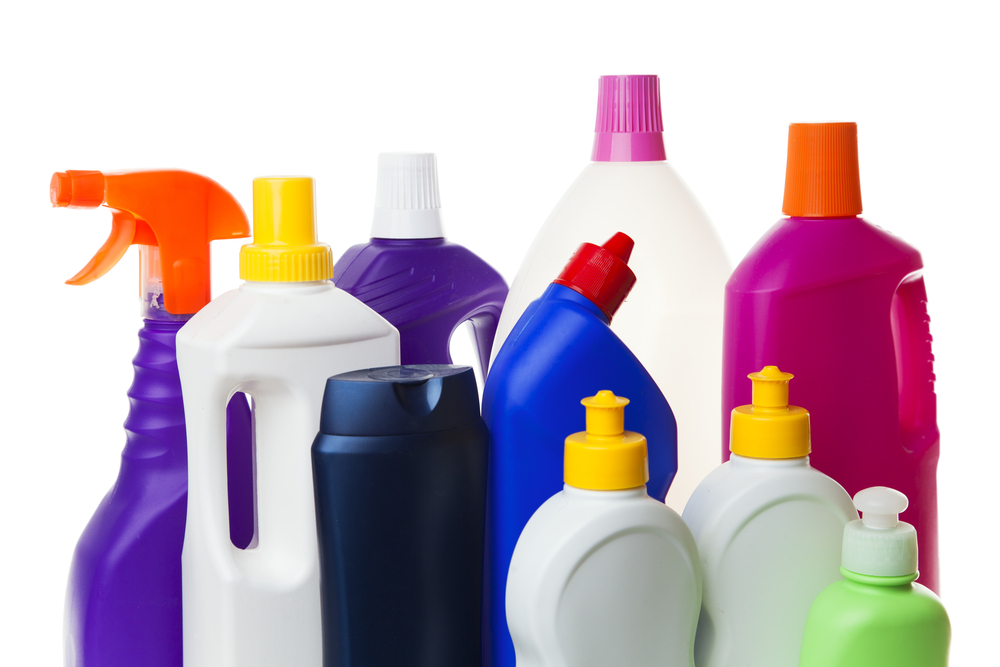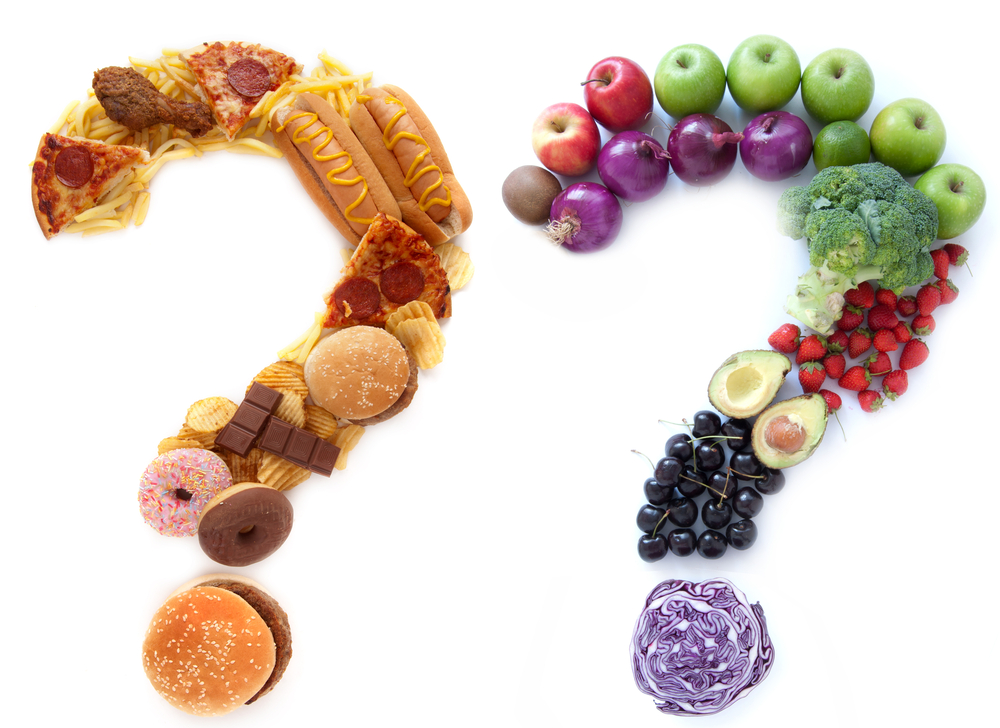Thank you for listening to my talk on distilling the myths of detox. Does it work or is it just not really worth the time or effort? Can you cause more damage then good? Hopefully I can provide a better understanding of what a healthy detox is?

You don’t have to look very far to find a scathing article on detox. Part of the problem is that the word detox seems to have accrued various meanings over the years. In the conventional medical community, ‘detox’ refers to the medical treatment of people with life-threatening conditions. Yet in the world of complementary and lifestyle medicine, it may be used to refer to something as simple as giving your liver a bit of a break!
It’s virtually impossible to live a toxin-free life…
Modern living exposes us to a multitude of chemicals and toxins on a daily basis which puts extra stress on the body. Luckily, we have a great system for dealing with the daily onslaught, and that’s the liver. Your liver is responsible for processing both external and internally-produced toxins so that they can be safely eliminated from the body. But we need to make sure that it works properly, by giving it all the materials it needs to function optimally.
In the same way that multivitamins & minerals are heavily criticised as expensive urine, detox (in the complementary and lifestyle medicine sense) is considered by some to be completely unnecessary. Detox is also considered by some to be surplus to requirements, in part because our bodies are already well equipped to deal with toxins. Unfortunately, we are now exposed to an unprecedented level of toxins every single day, and it is likely that these processes are overloaded.

How do toxins cause disease?
Toxins are the invisible primary drivers of countless health problems. They damage every aspect of our physiological function and play a role in virtually all diseases. Liver overload– An individual’s ability to detoxify and eliminate toxins is one of the primary factors determining how toxins cause disease. Toxins cause disease when the toxic load is greater than the body can effectively deal with. This is easy for doctors to recognise in cases such as acute poisoning and high levels of heavy metal toxicity. However, the same is true for chronic low-level exposures, they just produce subtler and more pervasive symptoms that appear over time and the link to toxic exposure then becomes less easy to spot. When the liver becomes overloaded with toxins, your ability to detoxify becomes impaired, leading to premature ageing and chronic disease.
Why fasting doesn’t work for detox

Frequently used methods of detoxification include the water and juice fast. Methods such as these may do more harm than good. These fasts work on the premise that the body will heal itself when the stress of digestion and the insulting agents are eliminated. However, the processes of Phase I and II are not only energy intensive but are dependent on a wide range of nutrient co-factors, and without these, detoxification may be suppressed rather than enhanced. In addition, water fasting and alcohol both over induce Phase I enzymes, leading to imbalanced detoxification. During fasting, Phase II reactions may be decreased, and harmful reactive intermediates remain in the body.
Detox is a simple two-step process
First give your liver a break from anything that may be taxing to process (e.g., alcohol, non-organic fruit and veg, caffeine) whilst also supplying it with all the nutrients it needs to work at its best.
What detox isn’t…
- Detox isn’t a magic cure all that will solve all your health problems in one fell swoop.
- Detox isn’t a weight loss programme although you may lose weight in the process.
Summary
There’s no question that we are now exposed to an unprecedented level of toxins on a daily basis. Whilst detox isn’t a magic bullet, it certainly may help your body to cope better with this daily onslaught. If you can limit your exposure to toxins, and at the same time support your liver’s capacity to deal with those that you can’t avoid, it’s likely that your health will benefit in some way.
Thank you for reading. Please seek advice from a trained health professional before making changes to the way you eat or if you decide to try food supplements.
Regards
Fiona Waring
Dip Nut, BSc.(Hons), MSc PHN, ANutr
Nutritional Therapist
M: +44 07957 267 964
eatyourgreens@fionawaring.com
‘Registered with the Association for Nutrition – www.associationfornutrition.org
Protecting the public and promoting high standards in evidence-based science and professional practice of nutrition.’
